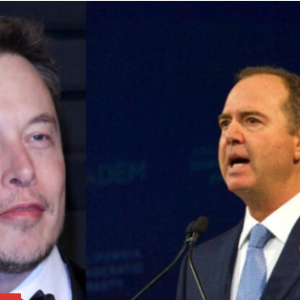Despite a surprising election victory that reignited national debates, former U.S. President Donald Trump is facing historically low approval ratings just months into his latest term. Polls show growing dissatisfaction with his leadership, raising concerns about the direction of his presidency.
Trump’s campaign focused on a populist message aimed at frustrated voters, energizing his base and securing key swing states, but deepening divisions among the electorate. Critics argue that his polarizing rhetoric has pushed moderates and independents away.
Economic issues are a major factor in his declining approval, with many Americans feeling overlooked due to inflation, stagnant wages, and rising living costs. His trade policies have also drawn criticism for harming businesses and consumers. Social issues, including his stances on immigration and healthcare, have sparked protests and backlash, further eroding support.
Foreign policy decisions, such as withdrawing from international agreements, have strained relationships with allies and raised concerns about America’s global influence.
Despite these challenges, Trump’s loyal supporters continue to back him, praising his stance on national security and deregulation. However, experts warn that focusing only on his base may hinder his presidency’s success. The administration’s ability to address these concerns and regain public trust will be crucial for shaping his future and legacy.
As Trump navigates a polarized political landscape, whether he can reverse his declining approval ratings remains uncertain, with many watching closely as his presidency unfolds.





